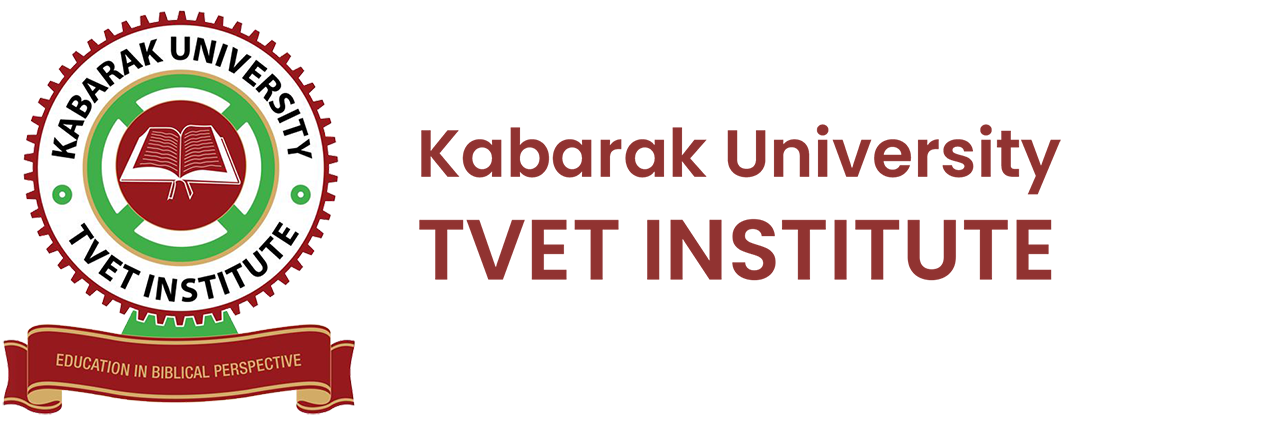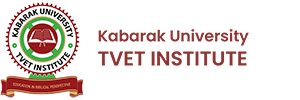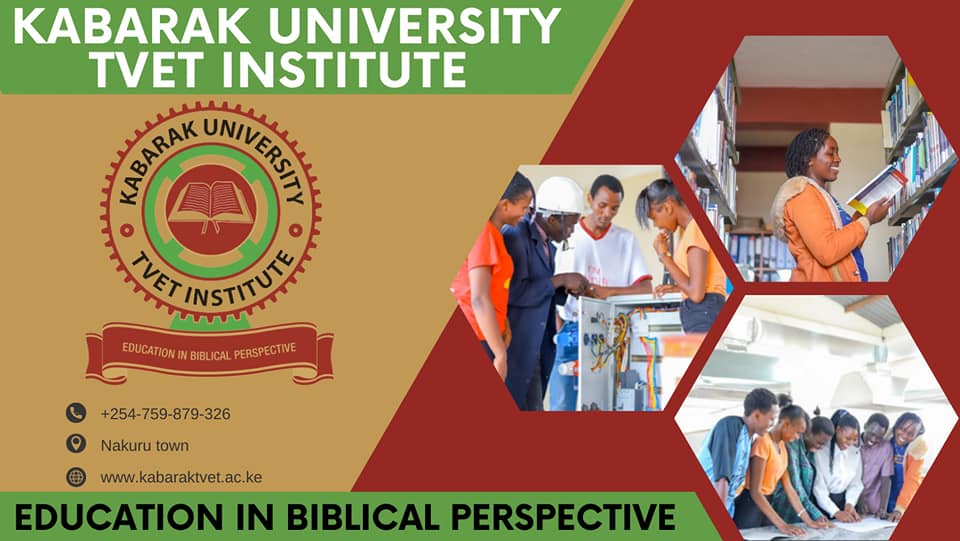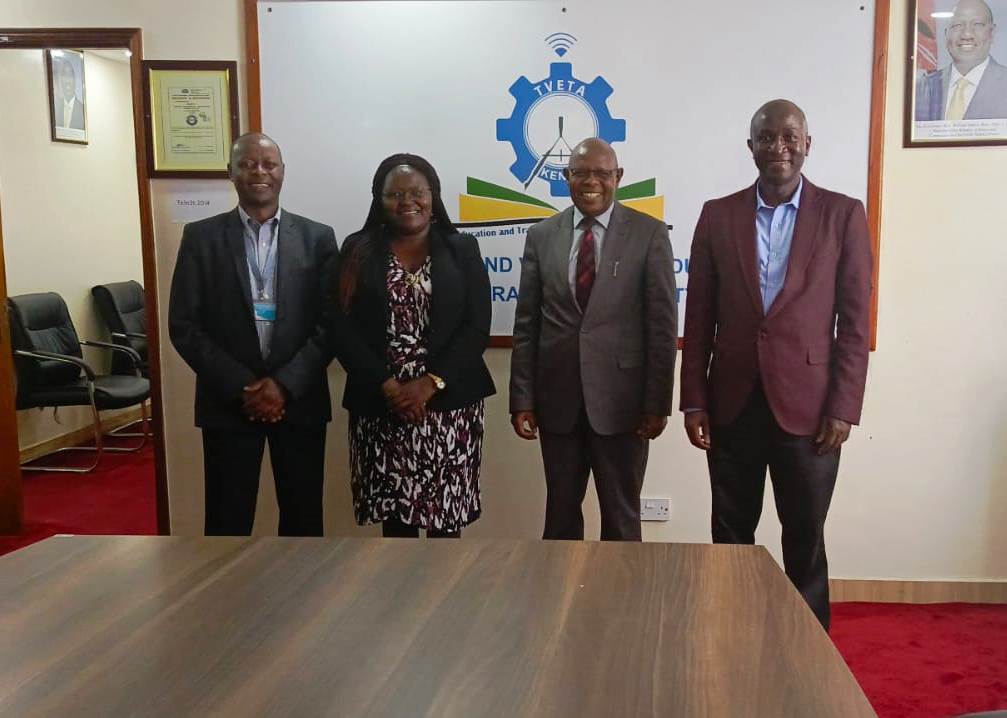In a bid to enhance the quality of technical and vocational education, Kabarak University TVET Institute recently took a significant step towards fostering collaboration and addressing crucial issues within the sector. Today, the institute's Executive Director and Deputy Director paid a courtesy visit to the Technical Vocational Education Training Authority (TVETA). The primary agenda of this visit was to discuss pertinent issues affecting the institute, particularly focusing on the new policies related to the implementation of Competency-Based Education and Training (CBET) programs and their accreditation, among other vital concerns within the sector.
The meeting at TVETA yielded encouraging results. Our team was met with a warm and receptive response. Such a reception fosters a positive atmosphere for fruitful discussions and collaborations. The Executive Director of the institute expressed his gratitude for the excellent reception and the valuable guidance provided by the authority. It is evident that a spirit of cooperation prevails, with both parties dedicated to ensuring the success of the CBET programs and the development of a robust vocational education system.
Prior to the meeting with TVETA, the team from Kabarak University TVET Institute had the privilege of engaging with the Technical and Vocational Education and Training Curriculum Development, Assessment, and Certification Council (TVET CDACC). This interaction allowed both parties to delve into the training needs of the institute, particularly in the context of the CBET curriculum's implementation. These deliberations signify a proactive approach to address the evolving demands of vocational education. It is a testament to the commitment of Kabarak University TVET Institute to provide relevant and high-quality training that meets the needs of both students and the workforce.
These engagements with the Technical Vocational Education Training Authority and the TVET CDACC are indicative of the dedication of Kabarak University TVET Institute to remain at the forefront of vocational education. Through these discussions, the institute aims to adapt to changing educational landscapes and contribute to the development of a skilled workforce in the country. The willingness of these key stakeholders to collaborate demonstrates a collective effort towards improving the quality of technical and vocational education, ultimately benefiting students, the industry, and the nation as a whole. Such partnerships are essential for driving innovation, fostering growth, and ensuring the relevance of technical education in the modern world.



